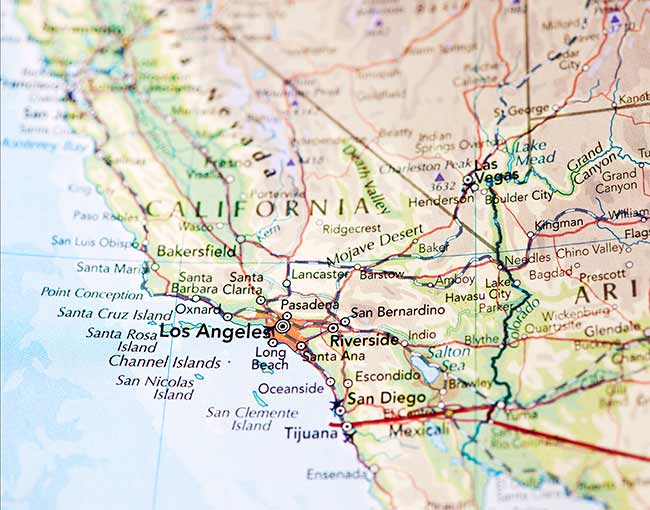California is at it again, this time leading the charge to raise minimum wages.
Minimum wages increases
On April 4, 2016, Governor Brown signed into law SB 3, increasing California’s minimum wage to $15 per hour by 2022. Under the new law, employers with 26 or more employees will face minimum wage increases as follows:
| Date | Minimum Hourly Wage |
| January 1, 2017 | $10.50 |
| January 1, 2018 | $11.00 |
| January 1, 2019 | $12.00 |
| January 1, 2020 | $13.00 |
| January 1, 2021 | $14.00 |
| January 1, 2022 | $15.00 |
For any employer who employs 25 or fewer employees, the implementation of the minimum wage law is delayed by one year.
Further, after 2023, the minimum wage can be increased up to 3.5% for inflation as measured by the Consumer Price Index.
And, of course, some California cities have their own minimum wage requirements:
| Date | Los Angeles | San Francisco |
| July 1, 2016 | $10.50 | $13.00 |
| July 1, 2017 | $12.00 | $14.00 |
| July 1, 2018 | $13.25 | $15.00 |
| July 1, 2019 | $14.25 | CPI |
| July 1, 2020 | $15.00 | N/A |

